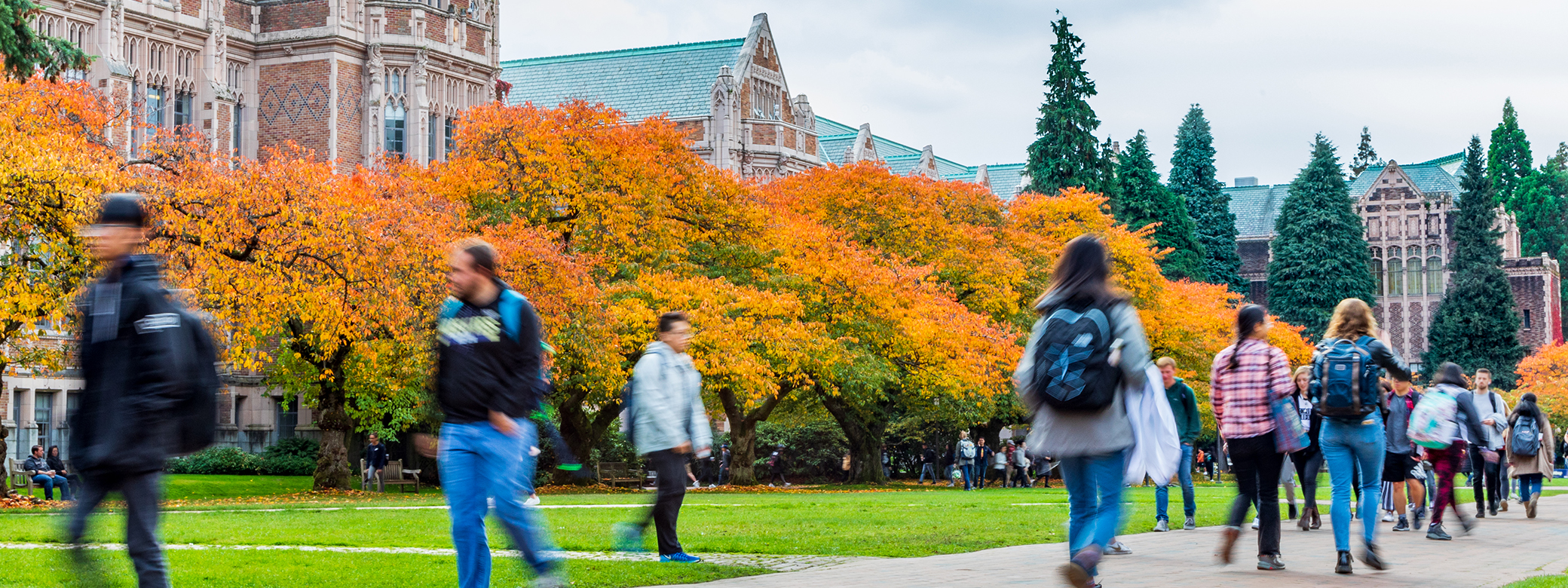-
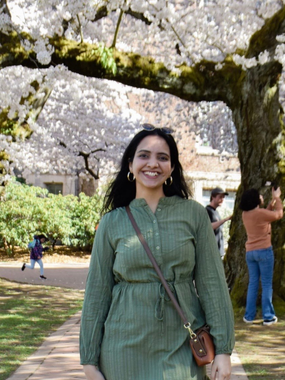
I am First-Generation: Anjali Yadav
"I remember strolling across the UW campus during my first quarter, treading on crisp autumn leaves, and realizing that I have built a life here that once seemed impossible. I don't say this often, but I am really grateful for how far I have come. For current and future first-gen students — remember, your background is your strength." – Anjali Yadav, Student
11/03/2025 | College of Arts & Sciences -
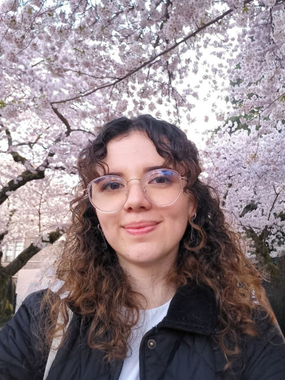
I am First-Generation: Laura Quinche
"When I met my mentors, I knew the UW was the right place for me. It felt like joining a community that not only values research and discovery but also welcomes diversity. Being here has given me the chance to grow as both a scientist and a person." – Laura Quinche, Student
11/03/2025 | College of Arts & Sciences -
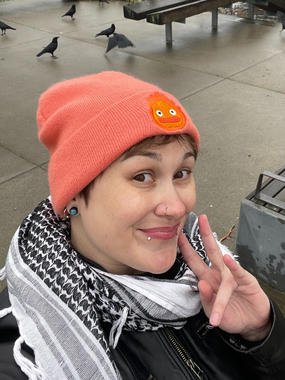
I am First-Generation: CS W. Henry
"You don’t have to have everything already figured out to belong here. You are enough just by virtue of being you. Ask for help, build community, and remember that the path you’re walking honors not just your own story, but the ancestors who made it possible." – CS W. Henry, Student
11/03/2025 | College of Arts & Sciences -
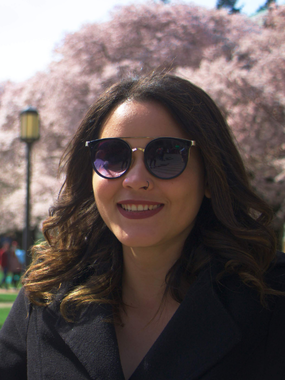
I am First-Generation: Francine Myles
"I decided to come to the UW after participating in the Path to UW seminar during the summer of 2023. During that experience, I met friends for life, felt truly heard and included, and realized that the UW offers the perfect environment for me to grow both personally and academically." – Francine Myles, Student
11/03/2025 | College of Arts & Sciences -
High-tech lollipops that detect disease
Ashleigh Theberge, a UW professor of chemistry, pursues projects ranging from designing at-home biological sample collection kits to exploring the physics of liquid flow to investigating molecules made by filamentous fungi. Her broad-ranging interests made her a fit for the Schmidt Polymaths Program, which supports mid-career scientists pursuing interdisciplinary research.11/03/2025 | Nautilus -
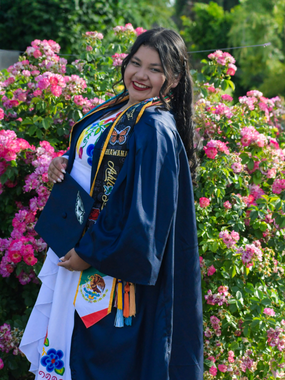
I am First-Generation: Ashlee Senda
"I cannot stress enough the importance of not letting the sacrifice your parents made go to waste. Fulfill their dreams. This advice has helped me when I am doubting myself and my ability to achieve my dreams. I think of my family, and every time they made a sacrifice to give me the opportunity to study." – Ashlee Senda, Student
11/03/2025 | College of Arts & Sciences -
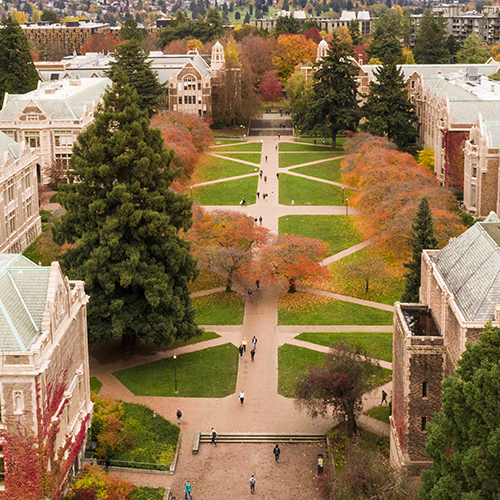
Awards for Research, Social Justice Efforts & More
Recent awards celebrate Arts & Sciences faculty, staff, and alumni for their research, social justice work, lifetime achievements, and more.
November 2025 Perspectives -
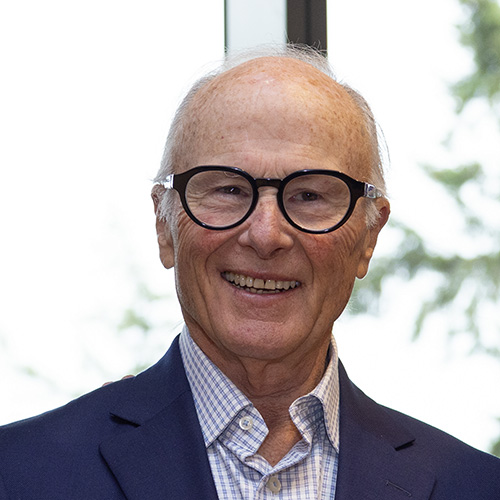
A Transformative Gift for Arts & Sciences
To honor his wife and support the college that has meant so much to both of them, former Arts & Sciences dean John Simpson created the Katherine and John Simpson Endowed Deanship.
November 2025 Perspectives -

A "gesture" to jump-start careers
To prepare students for professional success, the UW College of Arts and Sciences offers “gesture,” a mock startup company where student interns gain skills that employers seek.
November 2025 Perspectives -
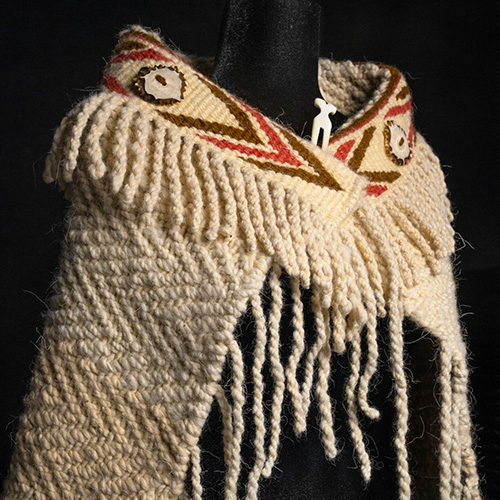
Coast Salish Traditions are "Woven in Wool" at the Burke
A Burke Museum exhibit, co-curated by Coast Salish weavers and Burke curators, highlights the importance of weaving to Coast Salish communities.
November 2025 Perspectives
